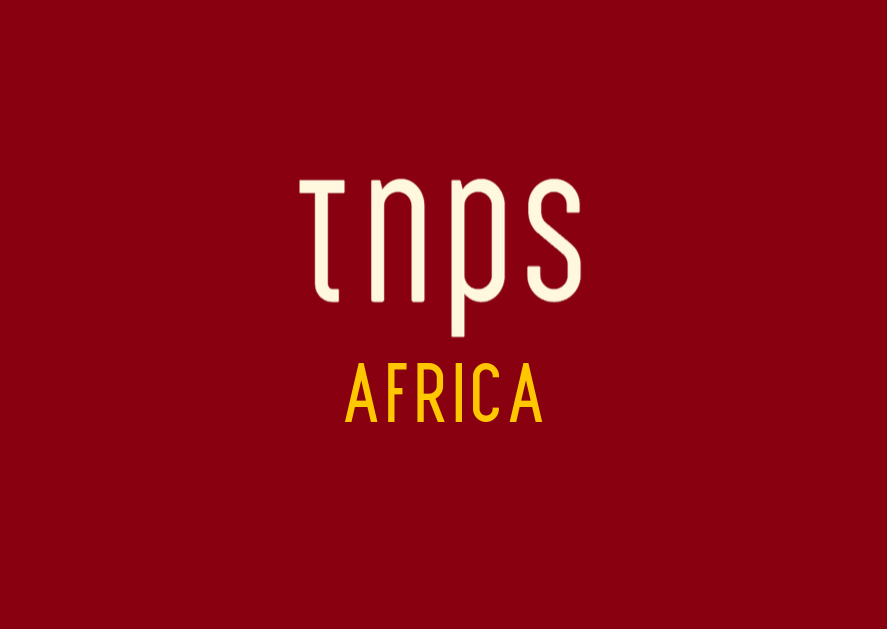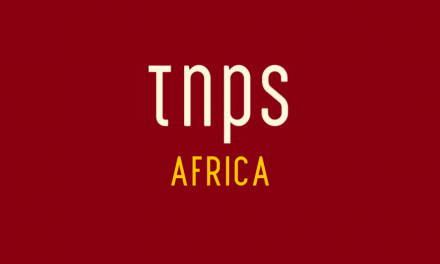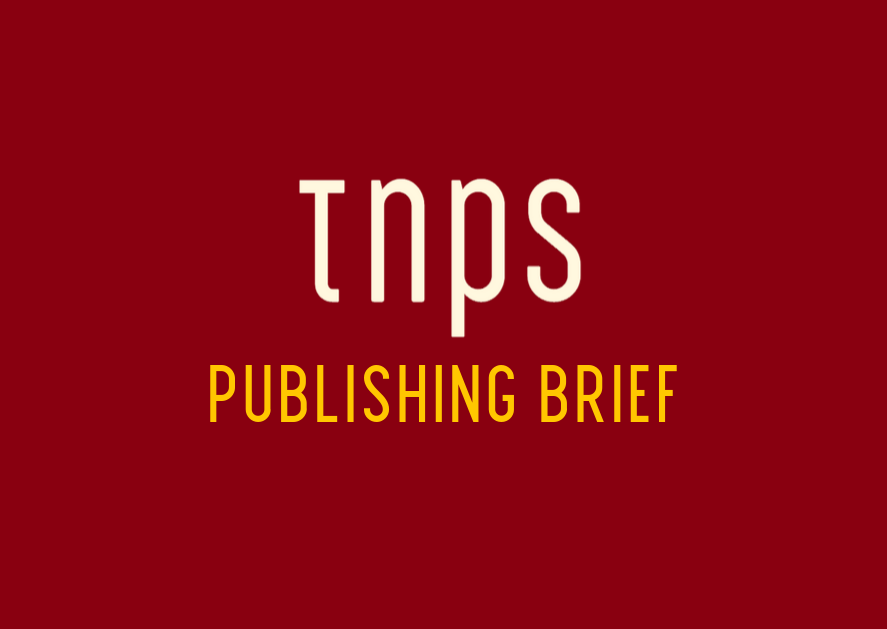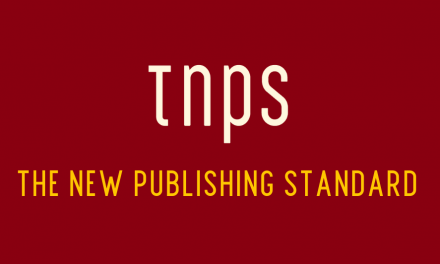A big part of the problem lies in content rights. How is it, for example, that Amazon can provide a video streaming service to almost every country in the world but streams books through its Kindle Unlimited service to fewer than a dozen? It comes down to territorial rights, where film and books exist in different universes
Showmax Pro is an upgrade option for the Showmax regular streaming service that has been operating across sub-Saharan Africa since way back in 2015.
The upgrade went live in Nigeria and Kenya as July began and rolled out across forty more sub-Saharan countries by July’s end.
A key development has been to adapt to Africa’s often inconsistent internet connectivity and also to focus on preferred devices.
In 2019 a mobile-only service for smartphones went live, at half the cost of the regular service (streamed to PCs or TVs), and proved immediately popular.
Showmax Pro, like Showmax, is now available in Benin, DR Congo, Guinea-Bissau, Rwanda, Botswana, Cote d’Ivoire, Liberia, São Tomé and Príncipe, Burkina Faso, Djibouti, Madagascar, Senegal, Burundi, Equatorial Guinea, Malawi, Seychelles, Cameroon, Eritrea, Mali, Saint Helena, Ascension and Tristan da Cunha, Cape Verde, Eswatini, Mauritius, Tanzania, Central African Republic, Ethiopia, Mozambique, Togo, Chad, Gabon, Namibia, Uganda, Comoros, Gambia, Niger, Zambia, Congo Republic, Guinea, Réunion and Zimbabwe, and for as little as $3.99 per month on mobile.
It’s not alone, Showmax competes with Netflix, Amazon Video and a bunch of other players for Africa’s streamers, and while the market value is conservatively put at around $183 million right now it is expected to rise to over $1 billion by 2025.
Across the continent (including North Africa) there are over a half billion people online – 526 million as of end 2019, despite internet penetration at less than 40%.
Video streaming platforms have been quick to seize the opportunity to set up subscription services for the continent even as publisher and publishing platforms mostly looked the other way.
Lots of factors are at play, but two stand out, and are closely related. First that Africa’s publishers have largely not embraced digital, and second that, with very few exceptions, there has been no serious attempts by African or foreign interests to provide even retail, let alone streaming platforms across the continent.
One exception in the streaming arena is France-based YouScribe, which has quickly demolished the notion that Africans and digital books streaming were somehow incompatible, while Kenya’s eKitabu (education-focussed) and Nigeria’s Okada Books (trade retail) are among many country-specific operators, but while there are others they are few and far between.
A big part of the problem lies in content rights. How is it, for example, that Amazon can provide a video streaming service to almost every country in the world but streams books through its Kindle Unlimited service to fewer than a dozen?
It comes down to territorial rights, where film and books exist in different universes.
Put simply, film studios try to maximise their return by maximising distribution and, in the era of digital streaming, riding global reach built on the shoulders of satellite broadcasting and global multiplex cinematic distribution. It’s a joined up world.
Multiplex cinemas – for those not old enough to remember – were a revolutionary step in film distribution where previously only a handful of movies could be released at the same time because cinemas could only show one film at a time.
The next step came quickly. Release multiple front-list films simultaneously across as many countries as possible. And the step after that – release them via streaming services to an almost global potential audience (most major streaming services are unavailable only in a handful of countries like North Korea or Syria).
Publishers, by contrast, often covet territorial rights in a way that was barely rational in the last century and beggars belief in this.
Not all publishers, of course, but enough to convince prospective players that a global streaming service for books could simply never have the author-name-recognition muscle needed to make it worthwhile.
Ironically it may take the new kid on the digital books block to change that. Digital audio streaming is, thanks to outside-the-box operators like Storytel, proving the commercial value of book streaming on demand in markets print publishers (treating ebooks as an afterthought) could never hope to meaningfully compete in.
Not that Storytel has any known designs on Africa, but never say never. The recent acquisition of Kitab Sawti by Storytel has brought into play the Storytel MENA hub, and with it the prospect of a Storytel Egypt launch in 2022-23.
And while there’s no suggestion of any regional hub plans by Storytel for sub-Saharan Africa, there are several African markets that might be prospective candidates for Storytel’s stated intent to be in 40 countries by 2023.
South Africa is the most obvious, with Nigeria, Kenya and Ghana all in the running.
Storytel’s business model (country-managers and original content) does not lend itself to a pan-African service in the way Showmax has rolled out, but there is one player, the afore-mentioned YouScribe, that might come close, if it can break-out from its francophone focus.
TNPS will be taking a closer look at that prospect shortly. Stay tuned.





